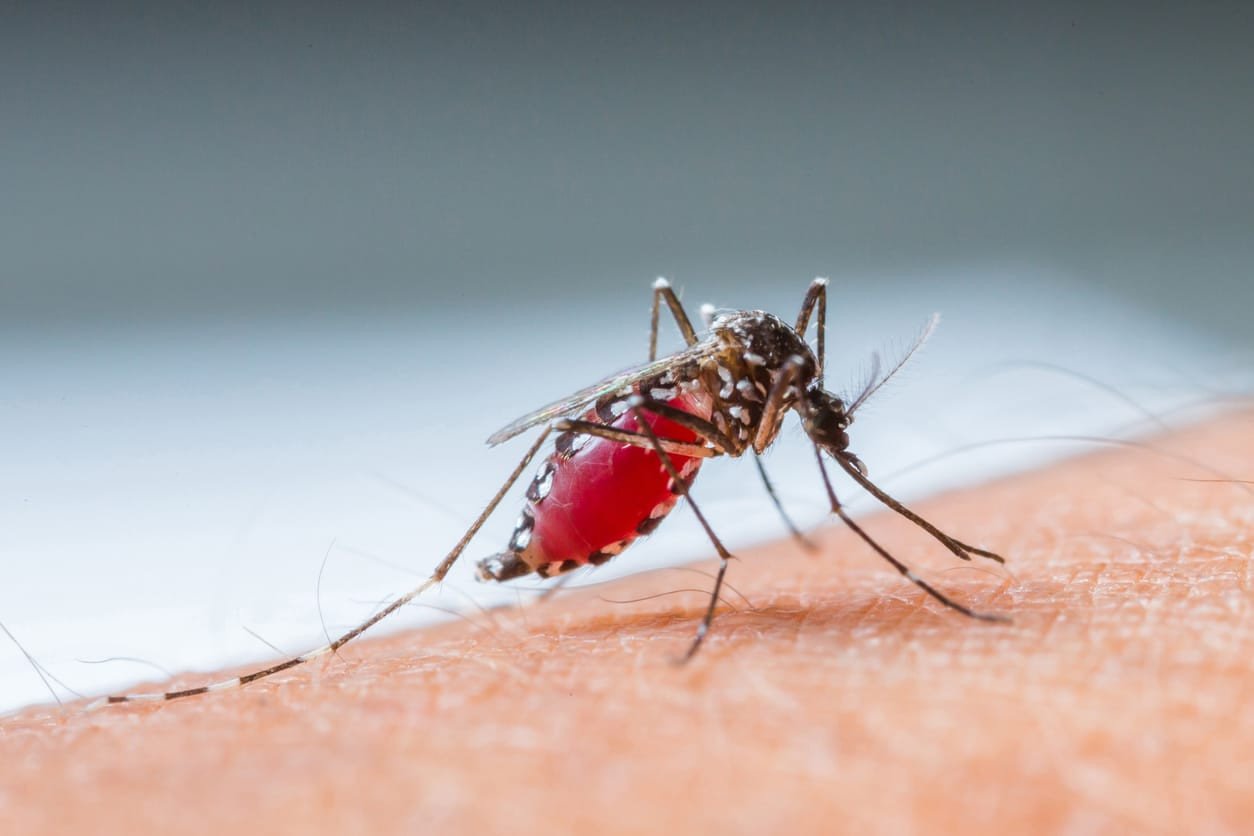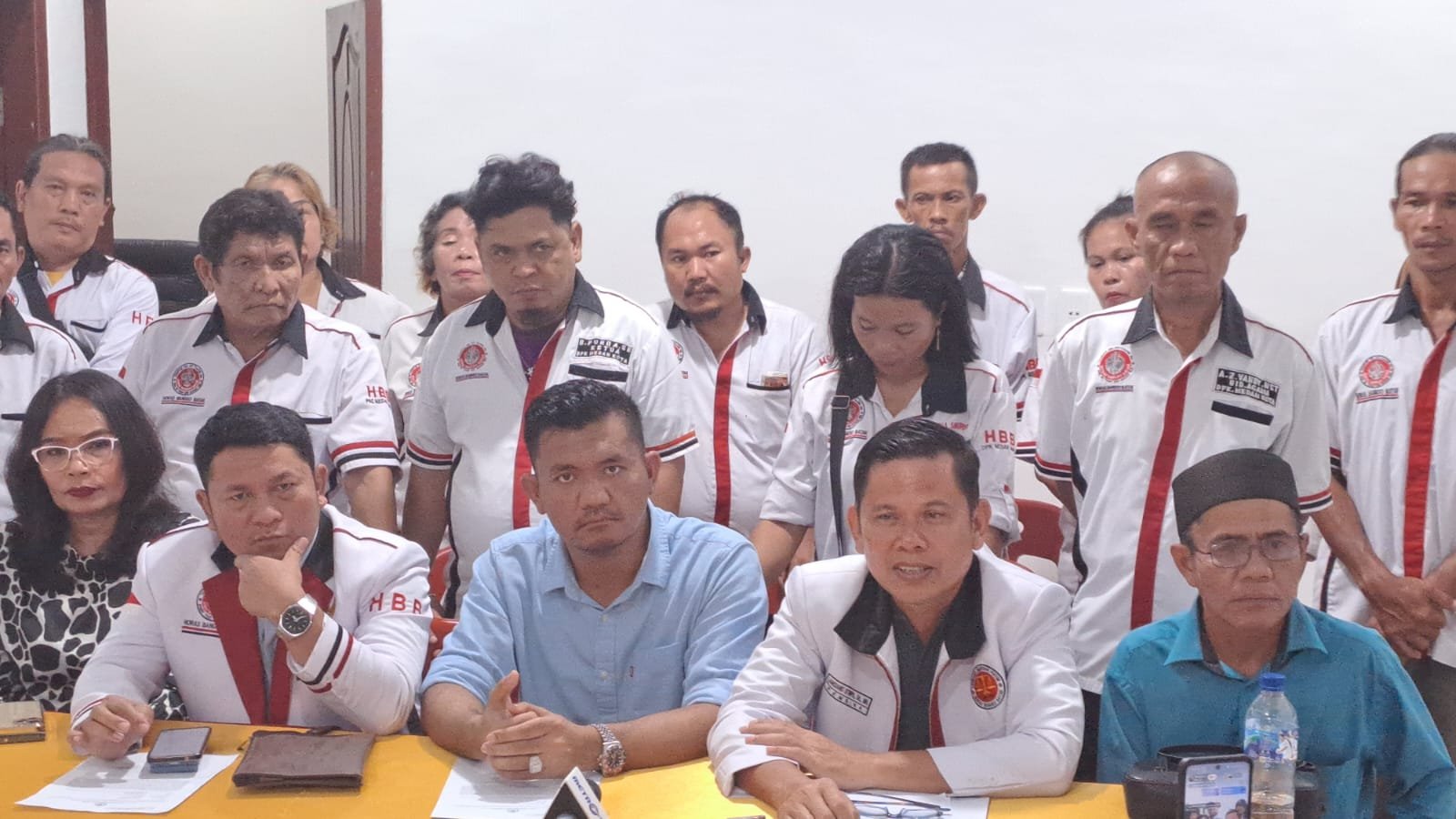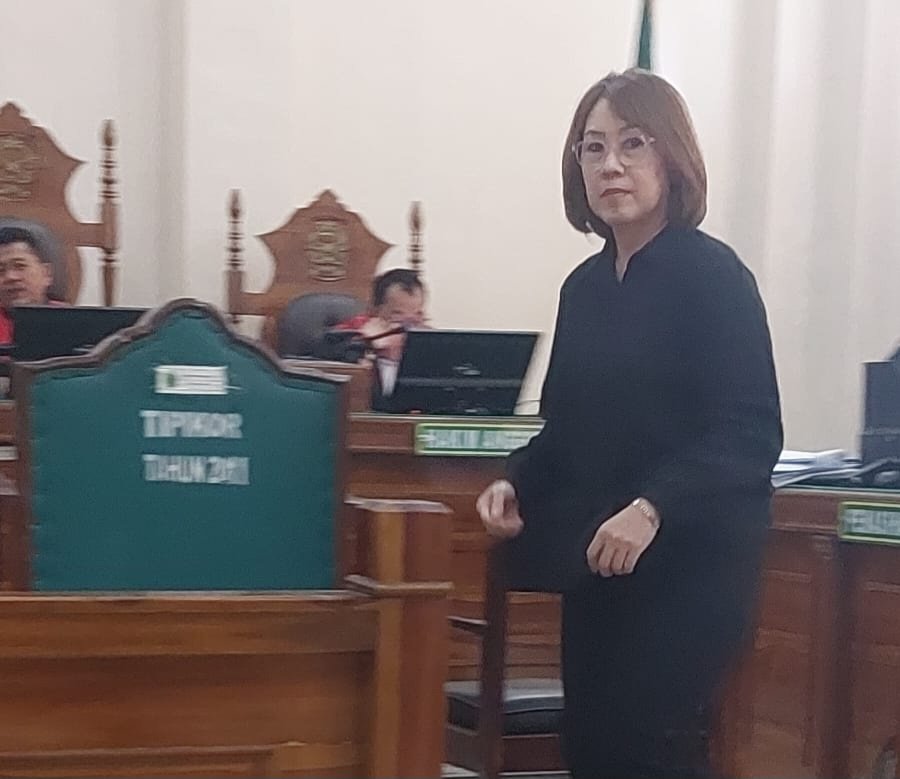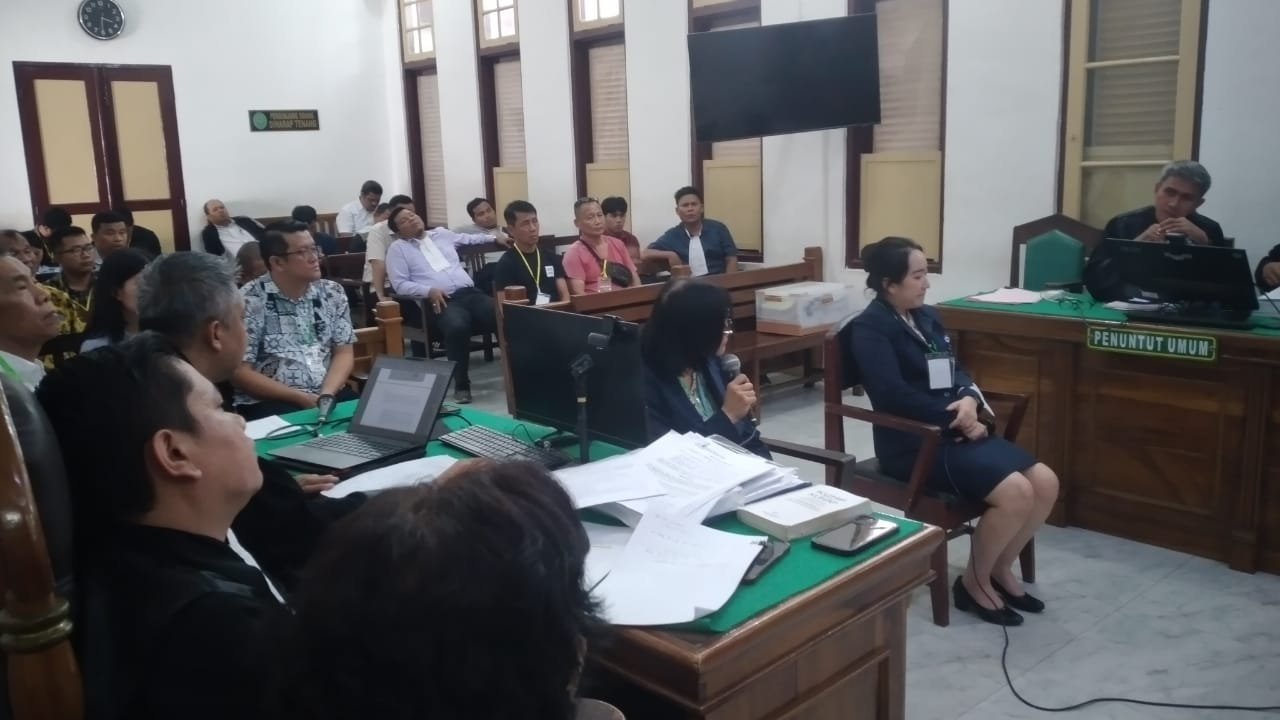
Mahkatop — Singapore has reported over 10,000 cases of dengue fever in 2024, surpassing the total number of cases recorded last year. This threshold was exceeded during the period from July 14 to July 20, when 236 cases were reported, according to records maintained by the National Environment Agency (NEA).
As of Monday (July 22), the total number of reported dengue cases for the year reached 10,141. This figure is higher compared to the 9,949 cases recorded in 2023 and significantly lower than the 32,173 cases reported in 2022.
NEA issued a warning in March this year about the rising dengue infections, with over 5,000 cases reported in the first quarter of 2024, compared to the same period in 2023. Current information from the agency shows that there are 70 active dengue clusters in Singapore.
Ten clusters are classified as red alert clusters, indicating high-risk areas with 10 or more cases each. One such area is in Jurong West (Avenue 1, Avenue 2, Street 42) with 103 cases since the cluster began. NEA also noted continuous transmission in the Jalan Gangsa cluster with 410 cases and the Jalan Benoi cluster with 47 cases.
There are four dengue virus serotypes circulating in Singapore. Dengue virus serotype 2 (DENV-2) has dominated since September 2023, with periodic dominance of DENV-1 and DENV-3 earlier in 2023. “Our community’s immunity to the four dengue virus serotypes remains low,” NEA stated as reported by Channel News Asia on Tuesday (July 23). “The continued presence of all these dengue risk factors could lead to a surge in dengue cases in the coming months if adequate measures are not taken.”
Additionally, NEA reported nine isolated Zika cases so far in 2024, with no clusters forming. Similar to dengue, Zika is a viral infection spread by Aedes mosquitoes. (*)







